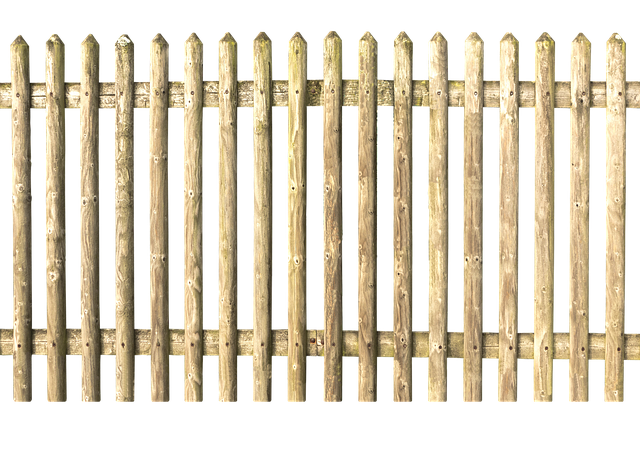In New Bedford, Massachusetts, a well-installed chain link fence can enhance property security and aesthetic appeal. This guide navigates the process of finding reputable local chain link fence installers in New Bedford. We demystify compliance with city regulations to ensure your project adheres to codes. Key factors to consider when hiring include experience, licensing, and cost. Additionally, we provide essential tips for maintaining your new fence, ensuring longevity and optimal performance.
- Finding Reliable Chain Link Fence Experts in New Bedford
- Understanding Local Regulations for Fence Installation
- Key Factors to Consider When Hiring Installers
- Maintaining Your Chain Link Fence: Tips and Tricks
Finding Reliable Chain Link Fence Experts in New Bedford
When looking for reliable chain link fence installers in New Bedford, it’s crucial to start by checking online reviews and ratings. Websites like Yelp and Google Business can provide insights into the quality of work, customer satisfaction, and professional reputation of various companies. Look for businesses with consistent positive feedback and a track record of high-quality installations.
Additionally, asking for referrals from friends, neighbors, or local hardware stores can be beneficial. Local recommendations often come with firsthand experiences, offering valuable insights into the reliability, professionalism, and pricing of fence installers in your area. Verifying licenses and insurance is also essential to ensure that the experts you hire are legitimate and capable of completing the job safely and effectively.
Understanding Local Regulations for Fence Installation
Before beginning any fence installation project in New Bedford, it’s crucial to understand and comply with local regulations. These rules are in place to ensure safety, maintain property values, and preserve community aesthetics. Check with the New Bedford Planning Department or a similar authority to gather detailed information about permits, zoning laws, and set-back requirements specific to your neighborhood.
Some common considerations include fence height restrictions, prohibited materials, and placement relative to property lines. Failure to adhere to these guidelines can result in fines or even the removal of the fence. Therefore, it’s wise to invest time in researching and understanding these regulations to avoid potential legal issues and ensure a smooth installation process.
Key Factors to Consider When Hiring Installers
When hiring local chain link fence installers in New Bedford, Massachusetts, there are several key factors to keep in mind. First and foremost, check their reputation and experience. Look for companies with positive customer reviews and a proven track record of high-quality work. Experience matters; installers who have been in the business for years are likely to handle your project more efficiently and expertly.
Secondly, ensure they have proper licensing and insurance. This is not just about compliance; it also safeguards you from potential liabilities that may arise during installation. Ask for proof of both before allowing them onto your property. Additionally, consider their communication and customer service skills. Responsive and professional installers who keep you informed throughout the process are a better bet for ensuring your project stays on track and meets your expectations.
Maintaining Your Chain Link Fence: Tips and Tricks
Keeping your chain link fence in top condition is essential for both its longevity and aesthetic appeal. Regular cleaning is a must, using mild soap and warm water to remove any dirt or debris. Avoid harsh chemicals that can damage the metal. After cleaning, rinse thoroughly with fresh water and dry completely to prevent rusting.
Inspect your fence regularly for any signs of wear or damage, such as bent links or holes. Repairs should be addressed promptly to maintain the fence’s integrity. Consider applying a protective coat of chain link fence paint every few years to shield against the elements, ensuring a vibrant finish and prolonging the fence’s lifespan.
